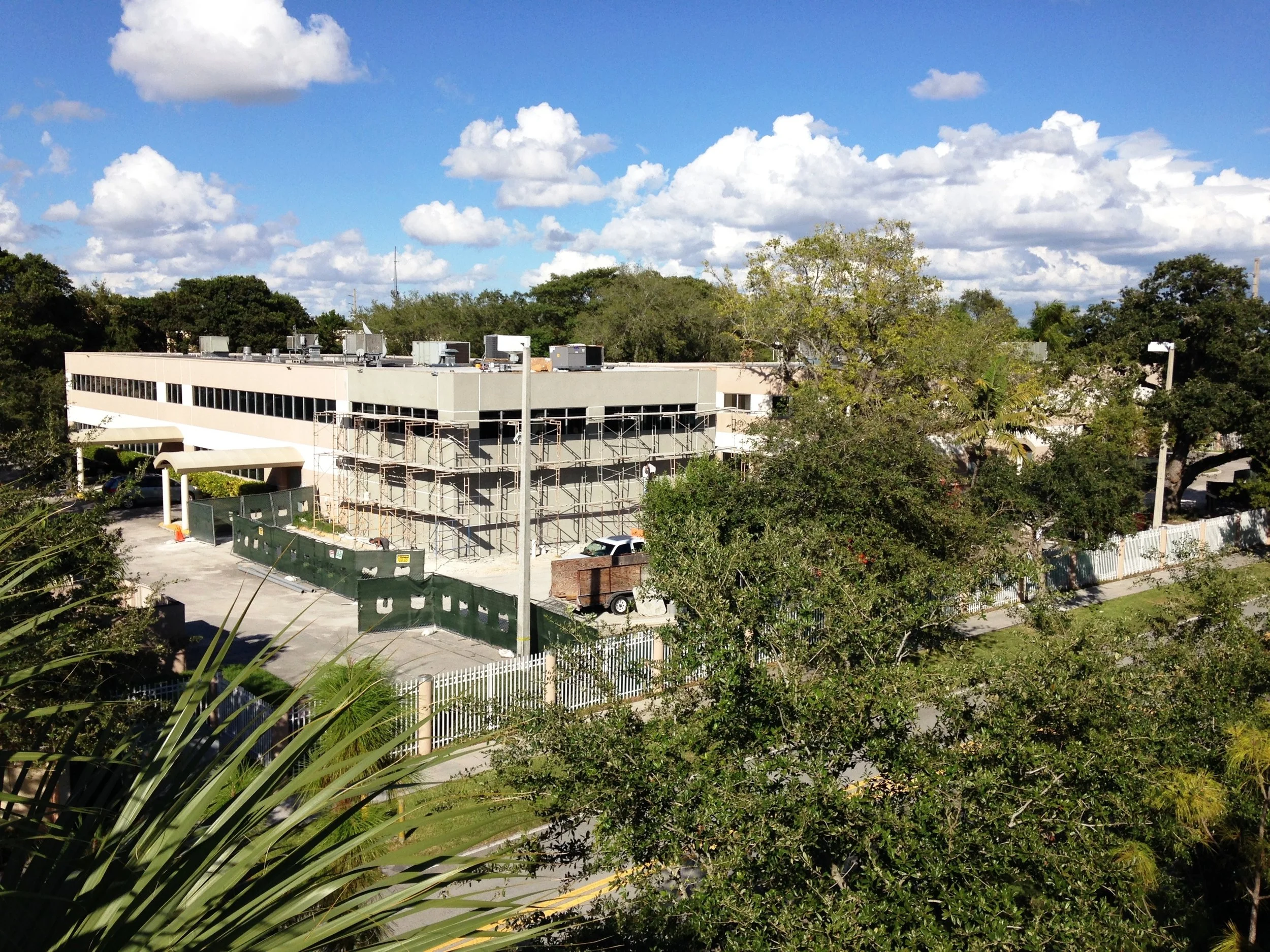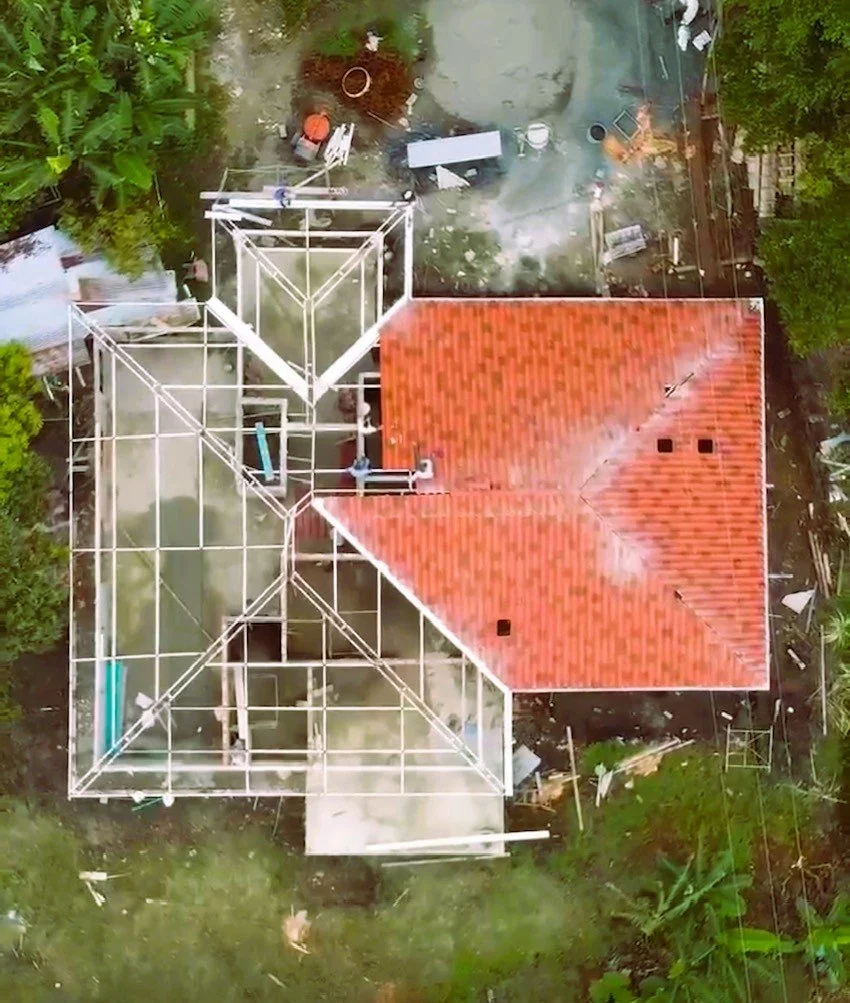General Construction Management: Overseeing Projects from Concept to Completion
General Construction Management (GCM) is a highly structured and multifaceted approach that encompasses the planning, coordination, and execution of construction projects from their initial conception to final completion. It is not limited to simply supervising the building process but involves a strategic and integrated management of all aspects of the project lifecycle. This includes overseeing site selection, design development, procurement, scheduling, budgeting, on-site operations, risk management, and final delivery.
The primary objective of GCM is to ensure that every element of the construction process—time, cost, quality, and safety—is meticulously balanced and aligned with the project’s goals. It requires the expertise of a construction manager who serves as a central coordinator, bringing together the efforts of architects, engineers, subcontractors, suppliers, and clients into a cohesive plan of action. Effective general construction management minimizes inefficiencies, reduces delays, and helps prevent cost overruns, making it a critical component of successful construction projects.
By providing leadership, structure, and communication throughout all phases of the project, GCM contributes significantly to creating buildings and infrastructure that meet not only functional and aesthetic standards but also environmental, regulatory, and financial benchmarks. This article delves into the core responsibilities and functions involved in general construction management, outlines the key phases of the process, and highlights the strategic benefits it brings to both small-scale developments and large-scale construction ventures.
Key Responsibilities of a Construction Manager
Project Planning and Scheduling
Establish timelines, milestones, and critical path tasks.
Allocate resources and manpower accordingly.
Budget Management
Estimate costs, monitor expenses, and control financial risks.
Ensure the project remains within the allocated budget.
Contract Administration
Manage subcontractors, negotiate terms, and ensure compliance with contract obligations.
Quality Assurance
Implement quality control procedures.
Ensure that construction meets regulatory standards and client specifications.
Risk Management
Identify potential risks early and develop mitigation strategies.
Ensure workplace safety and legal compliance.
Communication and Coordination
Facilitate collaboration among all stakeholders.
Provide regular updates to the client and project team.
The Construction Management Process
Pre-Construction Phase
Feasibility studies
Budgeting and cost estimation
Scheduling and procurement planning
Design coordination and review
Construction Phase
Site preparation
Execution of construction tasks
Monitoring progress and managing logistics
Regular inspections and quality checks
Post-Construction Phase
Final walkthrough and punch list completion
Handover to the client
Post-occupancy evaluation and support
Benefits of General Construction Management
Improved Efficiency – Streamlined processes help minimize delays and cost overruns.
Better Resource Allocation – Effective planning ensures optimal use of materials, labor, and equipment.
Enhanced Communication – A single point of contact improves clarity and decision-making.
Quality Control – Standardized procedures maintain high-quality outcomes.
Risk Mitigation – Proactive management identifies and addresses issues before they escalate.
Construction Management vs. General Contracting
While both roles are crucial in construction, they differ in structure and responsibilities. A general contractor typically takes on a more hands-on role in construction execution, while a construction manager provides oversight and strategic coordination, often acting in the owner’s best interest throughout the project.
Conclusion
General Construction Management is essential for delivering successful construction projects on time and within budget. By managing resources, coordinating teams, and ensuring compliance with safety and quality standards, construction managers play a critical role in shaping the built environment. Whether for a residential build or a major infrastructure project, GCM provides the structure and guidance needed to navigate complex construction challenges and deliver results that meet or exceed expectations.


